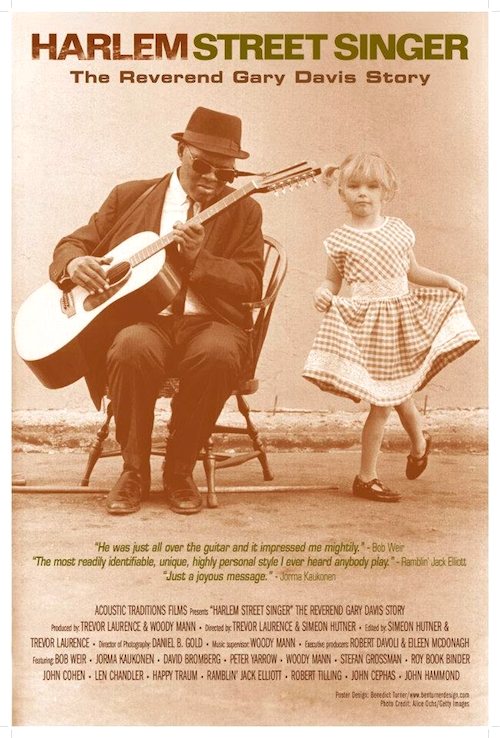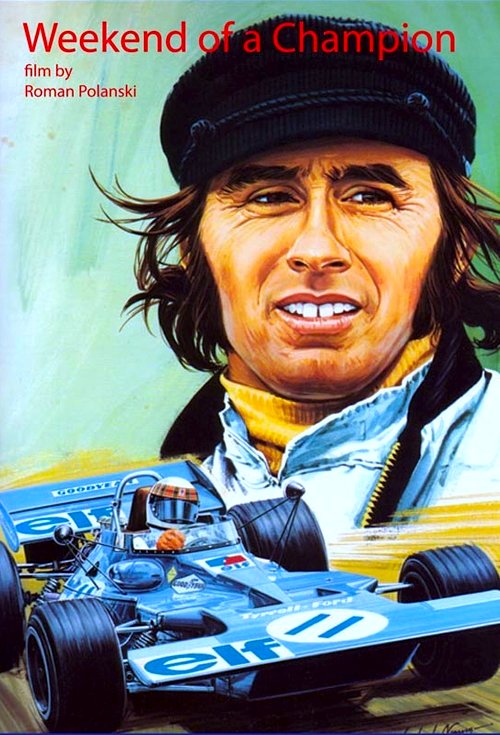By Joe Bendel. In years past, if you had to describe China in one word, it would not be “fame.” State ideology demanded the individual merge into the collective. Only high ranking Party leaders were to be venerated above the masses. However, the culture is changing in China, even if the Party is not. In a groundbreaking collaboration with Broadway, Beijing’s Central Academy of Drama stages the stage musical Fame as an ambitious senior project. Hao Wu follows the production from rehearsals to the closing curtain and beyond in The Road to Fame, which screened during the 2013 DOC NYC.
Everything bad about show business in America applies in China as well, except maybe more so. Cronyism is rampant in the entertainment industry, so a potential showcase like the Fame show can make the difference between a going career and graduating into has-been status. The first cut will be brutal, when the faculty determines the “A” and “B” casts. Naturally, the students desperately want to make the former rather than the latter. Beyond the obvious stigma, it has yet to be announced how many performances the “B” cast will be allowed, but assumptions are pessimistic.
Much to viewers’ surprise, the clear can’t-miss-born-to-be-a-star prospective Carmen Diaz finds herself assigned to the “B” cast. Likewise, the front-running Tyrone Jackson is edged out by a more self-effacing schoolmate. As representatives of the Nederlander organization take charge of the production, the disparity between the A’s and B’s becomes a sore issue.
 On the surface, Road is a Fame-like documentary about the mounting of a Fame production, but it reflects some deep cultural currents. As astute viewers would expect, all of the POV students are only children. The one-child law was still in full effect at the time. As a result, every student is highly conscious of their status as the sole repository of their parents’ hopes, dreams, and retirement plans. Likewise, the corrupt intersection between public and private sectors has led to widespread disillusionment amongst their generation. Frankly, the level of irony in a film ostensibly about young people pursuing their dreams speaks volumes.
On the surface, Road is a Fame-like documentary about the mounting of a Fame production, but it reflects some deep cultural currents. As astute viewers would expect, all of the POV students are only children. The one-child law was still in full effect at the time. As a result, every student is highly conscious of their status as the sole repository of their parents’ hopes, dreams, and retirement plans. Likewise, the corrupt intersection between public and private sectors has led to widespread disillusionment amongst their generation. Frankly, the level of irony in a film ostensibly about young people pursuing their dreams speaks volumes.
Hao Wu is rather circumspect in addressing specific political and economic controversies, but Vanessa Hope’s short documentary, China in Three Words (which preceded Road, trailer here) is brimming dysfunctional case studies. Based on Yu Hua’s book China in Ten Words, Hope examines contemporary China through the writer’s framework. Yu (whose novel To Live was adapted for film by Zhang Yimou) explains the word “leader” was once solely reserved for Mao, but has now become ubiquitous. “Revolution” has a heavy history that hardly needs explaining, while “disparity” is the country’s new fact of life. As a bonus, Yu offers “bamboozle” as a fourth word, but it arguably relates to all three that came before.
Despite its brevity, Three Words is brimming with material that deserves the full feature doc treatment. Hope’s expose of how corruption and ideology caused the Wenzhou bullet train collision is grimly fascinating and her footage of Gov. Jon Huntsman returning to China with his adopted daughter Gracie Mei to revisit her former orphanage is unexpectedly touching. It is rather amazing how much Hope crammed into fifteen minutes. In fact, the films relate to each other quite directly, with Words providing much useful context for Road.
It is a shame Road and Words only had one screening at this year’s DOC NYC, because both have a lot to say and together they played to a sold-out house. Hao Wu’s feature is an intriguing generational study that captures some very personal drama, while Words helps explain the macro circumstances making it all so acute. Both are highly recommended as they make their way on the festival circuit, while DOC NYC continues through the 21st at the IFC Center and the SVA Theatre.
Road to Fame LFM GRADE: B+
China in Three Words LFM GRADE: A-
Posted on November 19th, 2013 at 11:56am.


